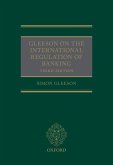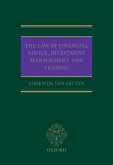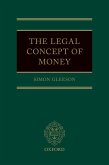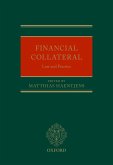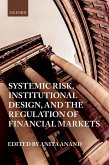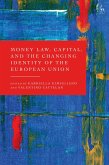This new book analyses the challenge of how money (including coins, notes, credit, and virtual currency) should be defined from both a legal and an economic perspective. As new electronic payment mechanisms proliferate, this question of definition is likely to become an important issue in global legal, commercial, economic, macro-prudential and fiscal policymaking. The book re-examines money in this context by identifying the role it plays in various transactions and to what extent, for example, cryptocurrencies and quasi-money are interchangeable with, analogous to, or different from traditional monetary systems. Beginning with a summary of the legal nature of money, the book explains the distinction between money and payment obligations, as well as providing an overview of the fundamental characteristics of money. It analyses how the law identifies money by pinpointing characteristics of particular transactions such as sale of goods transactions, including the position where the exchange of goods is for e-currency. Other situations or transactions examined include the recovery of stolen money, claims for non-delivery of money, and how obligations to pay operate. The book also considers the role of money in the banking system, exploring how various currencies can be used as claims on financial institutions, examining whether the systemic stability of the industry is threatened by non-traditional currency forms. Finally, the book addresses, and seeks to develop a conceptual framework for how alternative currencies might work in place of money as a medium for saving.
Dieser Download kann aus rechtlichen Gründen nur mit Rechnungsadresse in A, B, BG, CY, CZ, D, DK, EW, E, FIN, F, GR, HR, H, IRL, I, LT, L, LR, M, NL, PL, P, R, S, SLO, SK ausgeliefert werden.



